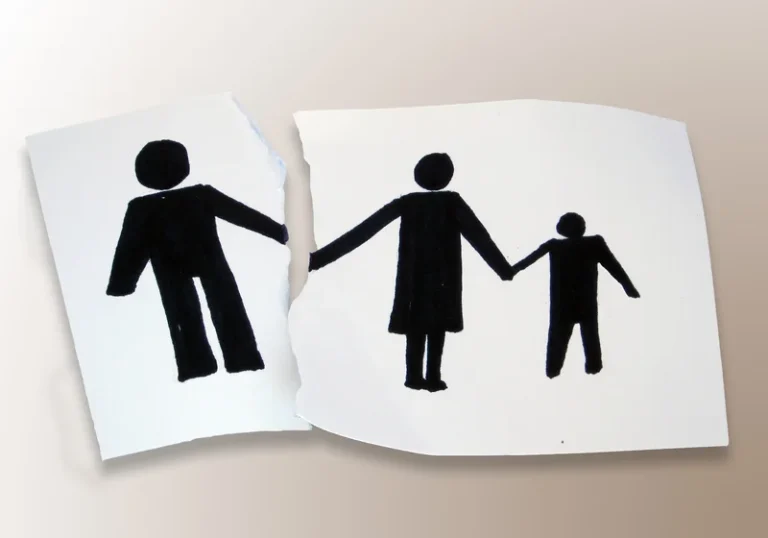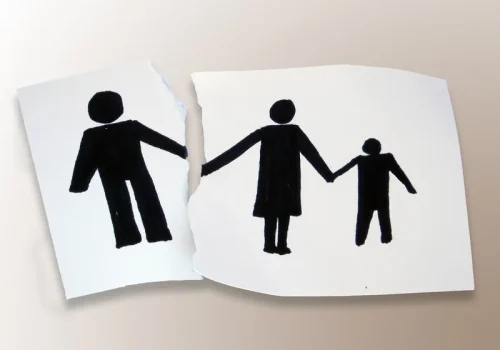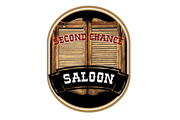
While most people think REM sleep is the deepest stage of sleep, it’s actually the lightest sleep stage next to N1. The N3 sleep stage, where we experience slow-wave sleep, is the deepest stage of sleep. While alcohol can help you fall asleep, it does not help you stay asleep during the later hours of the night. It may increase the likelihood of waking up in the middle of the night, resulting in grogginess the next morning. Some people may resort to drinking alcohol as a sleep aid or agent that initiates sleep.
Wait Between Drinking and Bedtime

The scientists examined the participants’ first 3 hours of sleep after drinking alcohol. Small amounts of alcohol may cause short-term sleep disturbances, but frequent and large quantities of alcohol consumption may lead to chronic insomnia for certain individuals. An estimated 20% to 30% of people report drinking to manage insomnia.7 While alcohol can initially cause sedation, over time, alcohol causes major disruptions in the quality of sleep. Though alcohol may help you fall does alcohol help you sleep asleep faster, it can disrupt the important REM stage of your sleep cycle, leading to lack of sleep or sleep disorders like insomnia.

Does alcohol affect men’s and women’s sleep differently?

The EOG displays the bursts of rapid eye movements that give this stage its name. In fact, most major voluntary muscle groups are paralyzed, because certain nerve cells in the spinal cord (i.e., motor neurons) are not responding to nerve signals. Arousal thresholds in REM are relatively low, similar to NREM stages 1 or 2.
Genome-wide association studies and cross-population meta-analyses investigating short and long sleep duration
This finding does not imply, however, that alcohol should be considered a potential sleep therapy in elderly people, because tolerance to the SWS enhancement develops rapidly (Prinz et al. 1980). “First of all, it increases our initial deep sleep, disrupting our sleep stages’ overall balance,” he said. The relationship between alcohol consumption and sleep disturbance is complex. Alcohol acts as a sedative and reduces sleep onset latency5, and as such, may be used proactively to relieve insomnia6. However, there is evidence that alcohol consumption also disrupts sleep, particularly the period of rapid eye movement (REM) sleep7.
- However, the vast majority of this research is on people who are heavy drinkers or have alcohol use disorder.
- You may or may not remember them, but they can be lucid or give you a feeling that you are half awake and half asleep.
- However, as the alcohol’s effects start to wear off, the body spends more time in light sleep, which is not as sound and may lead to more nighttime awakenings.

Based on data from roughly 160,000 Sleep Foundation profiles, nearly 90% of respondents who regularly consume alcohol in the evening have reported at least one sleep-related problem. Alcohol may also exert some of its effects on sleep by influencing the circadian rhythm. The circadian rhythm is responsible for keeping the body anchored to a 24-hour cycle. As part of this 24-hour cycle, the body releases a hormone called melatonin to prepare us for sleep in the evening. Older studies have found that drinking alcohol before bedtime lowers melatonin levels and interferes with core body temperatures, which in turn impacts sleep quality.
- These results were similar for men and women, and alcohol consumption affected sedentary and active people alike.
- Below, we’ll take a closer look at how alcohol affects the different stages of sleep, as well as how the quantity and timing of alcohol can influence sleep quality.
- Drinks were converted into UK units of alcohol (whereby one unit is equivalent to 8 g of ethanol) using a conservative estimate of one UK unit for each measure of spirits and glass of wine, and two UK units for each pint of beer.
- There’s a complicated relationship among depression, alcohol, and sleep.
- But even a regular, moderate routine of two to three drinks a day is enough to create sleep and performance problems for many people.
GABA is the major inhibitory neurotransmitter system in the CNS—that is, its interaction with the signal-receiving neuron dampens the ability of that neuron to generate a new nerve signal. This observation is significant, because many hypnotic drugs (i.e., barbiturates, benzodiazepines, and the newer non-benzodiazepine GABA agonists5) also act by facilitating GABA function. Scientists have long considered GABA to play a major role in sleep (Jones 2000). For example, GABA-releasing neurons are present in various brain areas that are involved in the generation of SWS, such as the brainstem reticular activation system, thalamus, hypothalamus, and basal forebrain.
A prospective study of risk drinking: at risk for what?
- At present, most literature is based on cross-sectional studies and thus cannot assess direction of effects6.
- Models were carried out separately for the different alcohol measurements, and were stratified by men and women.
- Women were more likely to report being former drinkers than men (24.8% and 12.8% respectively) (Table 2).
- Studies of chronic alcohol users have found that these individuals typically experience disrupted sleep patterns with less slow wave sleep and more REM sleep.
- Those with sleep disorders should proceed with extra caution before reaching for that evening drink.
- As a result, various studies have investigated the potential interactive effects of alcohol with daytime alertness and daytime functioning in both healthy people and patients with sleep disorders.
- For example, the eye movements characteristic of REM sleep occur in bursts during these phasic periods, which are followed by the tonic periods of EOG quiescence.
During REM sleep—which usually starts 90 to 120 minutes after falling asleep—we form and consolidate memories1, sharpen motor skills, and process emotions. We spend more time in REM sleep during the second half of the night, when the effects of pre-bed alcohol seem to be at their strongest. By suppressing this all-important stage, alcohol can spur fatigue, brain fog, and emotional dysregulation. Although booze might help you fall asleep faster in some cases, it seems to have a net negative effect on sleep quality. Due to how it affects the neurotransmitters gamma-aminobutyric acid (GABA) and glutamate, alcohol disrupts our natural sleep architecture—particularly during the second half of the night.
Alcohol and Other Health Risks
A 2020 study found that people with ADHD are more likely to consume alcohol to treat their insomnia symptoms. People with insomnia may have difficulty falling asleep or keep waking up during the night. Glutamate is the major excitatory neurotransmitter in the CNS—that is, the interaction of glutamate with its receptor activates the signal-receiving neuron to generate a new nerve signal.



Recent Comments